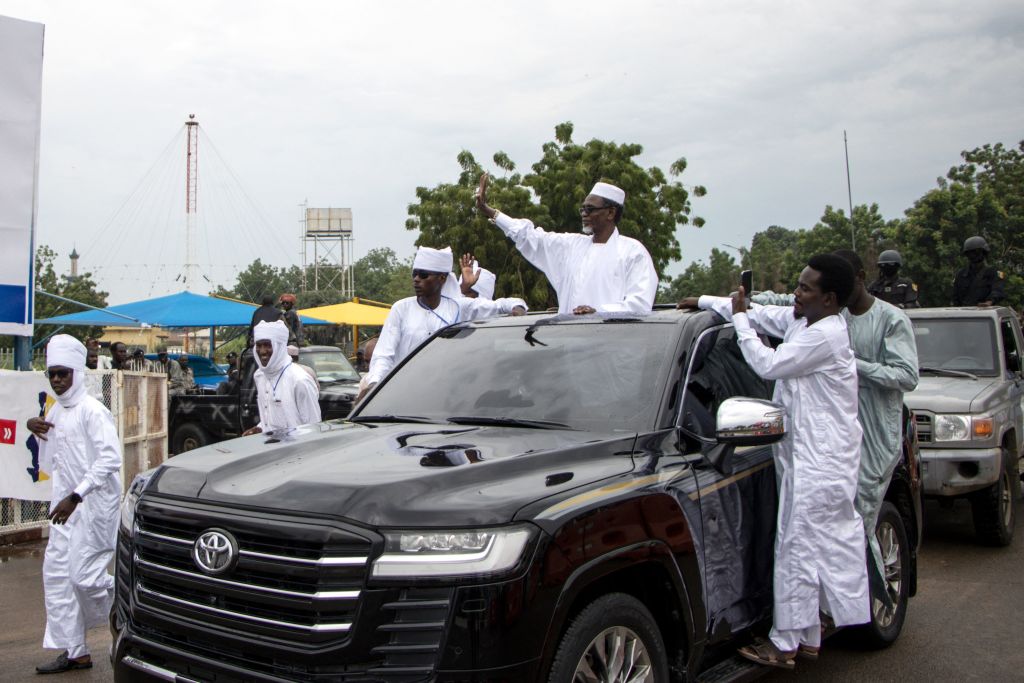ADF STAFF
If the conflict in Sudan continues to escalate, experts say the fighting could spread over the porous Chadian border to the west.
Mucahid Durmaz, senior analyst at risk intelligence firm Verisk Maplecroft, believes Chadian rebels involved in Sudan’s conflict could push the region toward further instability.
“What happens in Sudan, will not stay in Sudan,” he told The Financial Times newspaper. “All of Sudan’s neighbors are struggling with political instability, civil wars and insurgencies.
“The longer the fight drags on, the more likely it will spill over.”
Fighting broke out in Sudan on April 15 between Gen. Abdel Fattah al-Burhan’s Sudanese Armed Forces and his deputy, known as Hemedti, who leads the Rapid Support Forces (RSF) paramilitary group.
Hemedti’s family originally hails from Chad.
Security researcher Alexandre Bish characterized the Sudan crisis as an opportunity for Chadian rebels.
“As these rebels grapple with how best to benefit from Sudan’s unrest, the Sahel faces the potential for even greater instability,” he wrote for the War on the Rocks website. “The longer the conflict stretches on, the more likely it is these actors will be able to leverage it to their advantage.”
Libyan Field Marshal Khalifa Haftar has given refuge and resources to Chad’s rebel fighters, but Bish believes the rebels could see the Sudan conflict as a chance to move their base to the volatile Darfur region.
Such a move, he said, could allow the rebels to exploit “regional instability to forge new alliances, exploit lucrative illicit markets and potentially intensify conflict dynamics, thereby straining the fragile peace between Sudan and Chad that has held since 2010.”
There are numerous rebel factions in Chad, all with the stated intention of overthrowing the government.
Two larger umbrella groups are separated by tribal lines.
Led by its founder, Mahamat Mahadi Ali, the Front for Change and Concord in Chad (FACT) gets much of its support from his Goran tribe.
“Mahadi had also been fighting in Chad’s Tibesti region alongside Tubu rebels, and this has earned him support among the Tubu,” researcher Jerome Tubiana told Al-Jazeera.
Mahadi’s group fought as mercenaries with Haftar during his campaign on Tripoli in 2019 and 2020. A United Nations report in 2021 said FACT rebels were based at the Al Jufra Airbase in central Libya, which also was used by Russia’s Kremlin-backed Wagner Group mercenaries.
Another Chadian rebel group, the Union of Resistance Forces (UFR), is composed mostly of Zaghawa people. It also has ties to Wagner.
In February 2022, Chad’s Transitional Military Council accused UFR leader Timane Erdimi of trying to enlist the Wagner Group by using an advisor to Central African Republic President Faustin-Archange Touadéra as a middleman to negotiate support.
The Russian mercenaries also are active in Sudan, where they trained RSF members, according to Hemedti. The group also reportedly conducted disinformation campaigns in Khartoum on behalf of Sudan’s military junta.
Wagner’s malign influence adds to the potential for chaos and unrest in Chad.
According to The Wall Street Journal, recent intelligence reports suggest that Wagner leader Yevgeny Prigozhin plans to provide Chadian rebel groups with enough materiel and operational support to overthrow Chad’s government led by transitional president Mahamat Idriss Déby.
In April, Déby said he had spoken to Burhan and Hemedti. He called for a “peaceful solution to this crisis which is shaking Sudan and has harmful consequences for the stability of the region.”
The porous border between the two countries, however, presents a difficult challenge.
Despite Chad’s closure of its 1,500-kilometer border with Sudan, intense fighting in Darfur forced about 20,000 refugees to flee across to border camps in the first few days of the conflict.
Chadian Communication Minister Aziz Mahamat Saleh told Deutsche Welle that the country already was host to more than 500,000 Sudanese refugees displaced by previous conflicts.
Verisk Maplecroft’s Durmaz warned that mass movement in the volatile border region could lead to instability for Chad.
“Chad is at immediate risk because of ethnic ties, the rising number of Sudanese refugees and a history of attacks by Janjaweed militias on Darfur refugees and Chadian villages,” he said.
Daniel Eizenga, a research fellow at the Africa Center for Strategic Studies, agreed with Durmaz’s assessment and called Chad a “pressure cooker.”
“If left long enough, pressure cookers can explode because inside there’s a lot of turmoil building,” he told The Financial Times. “There are a lot of different groups and militias.
“Chad’s a fractious place — not unlike Sudan.”

